Since its inception in 2005, the UCL Urban Lab's transdisciplinary approach has challenged the discourse on how we think about and intervene in the city.
With a new global master's programme and an urban room planned for UCL East, it aims to widen its perspective more than ever before.
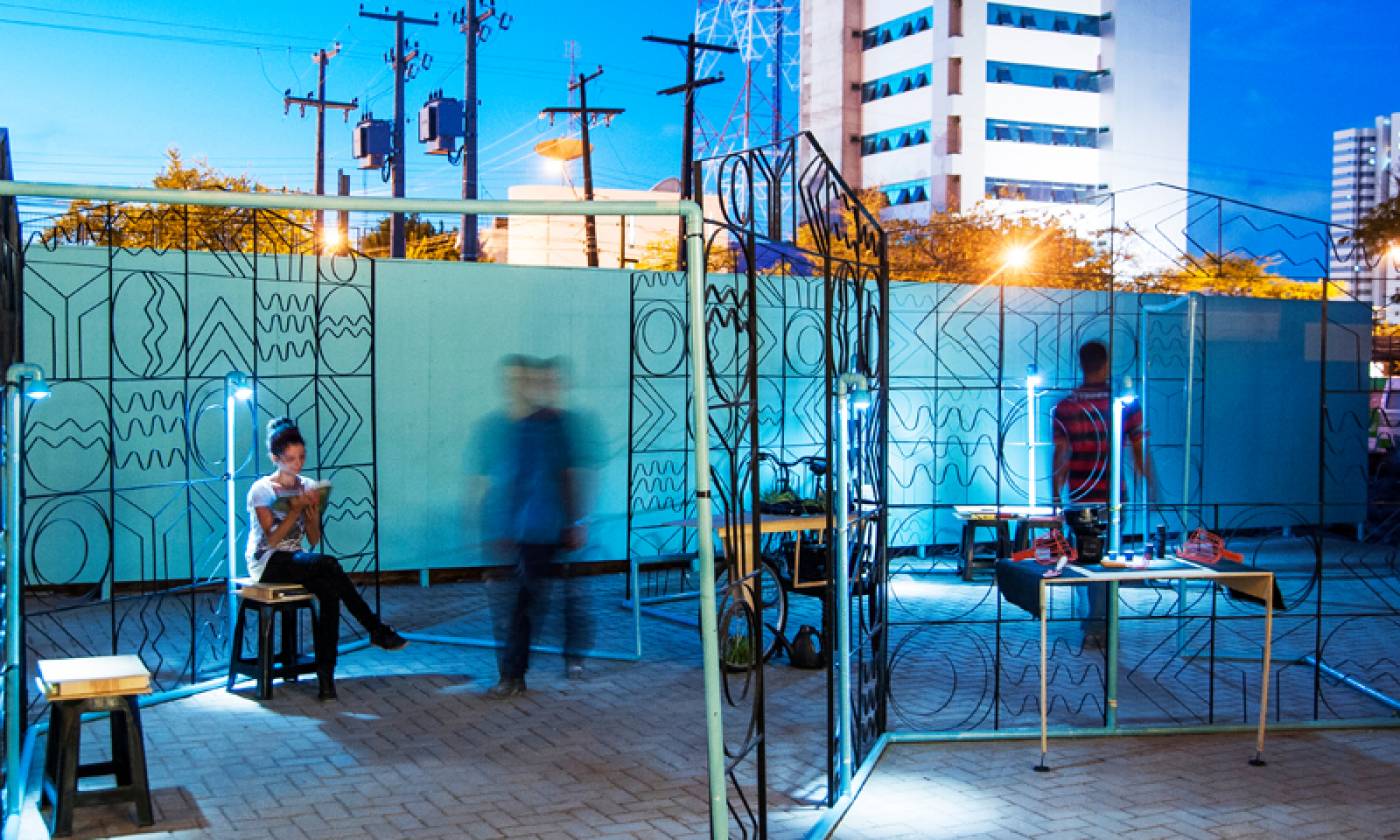
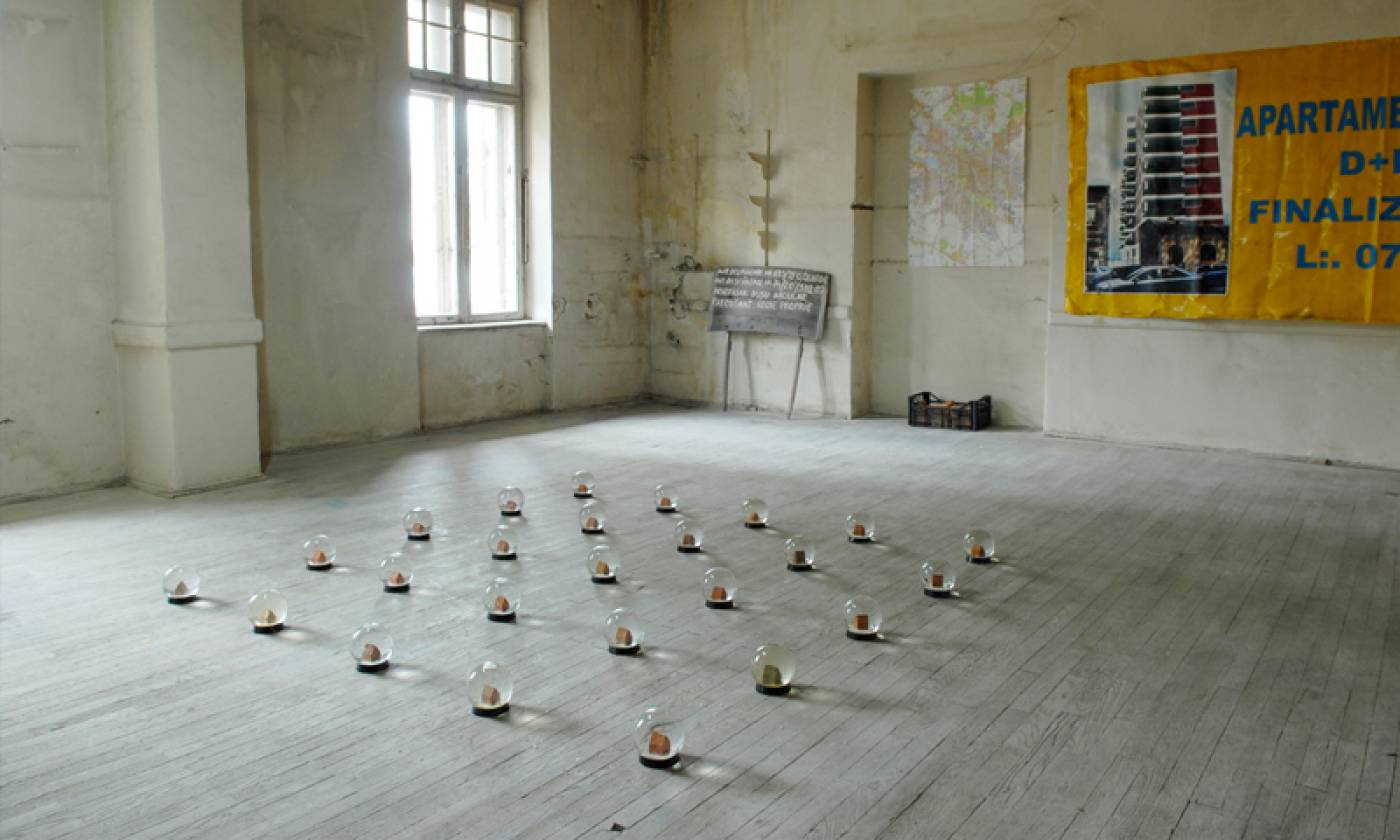
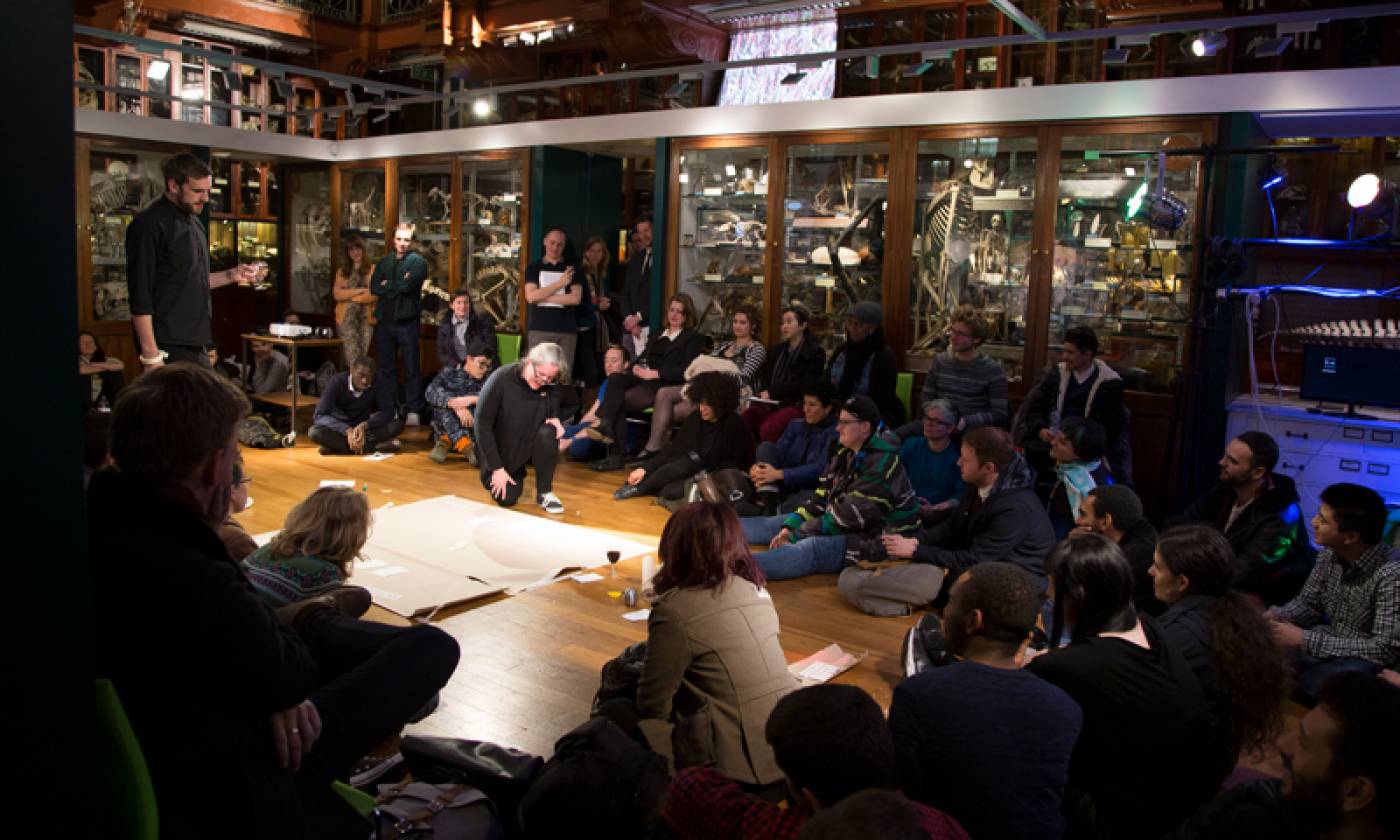
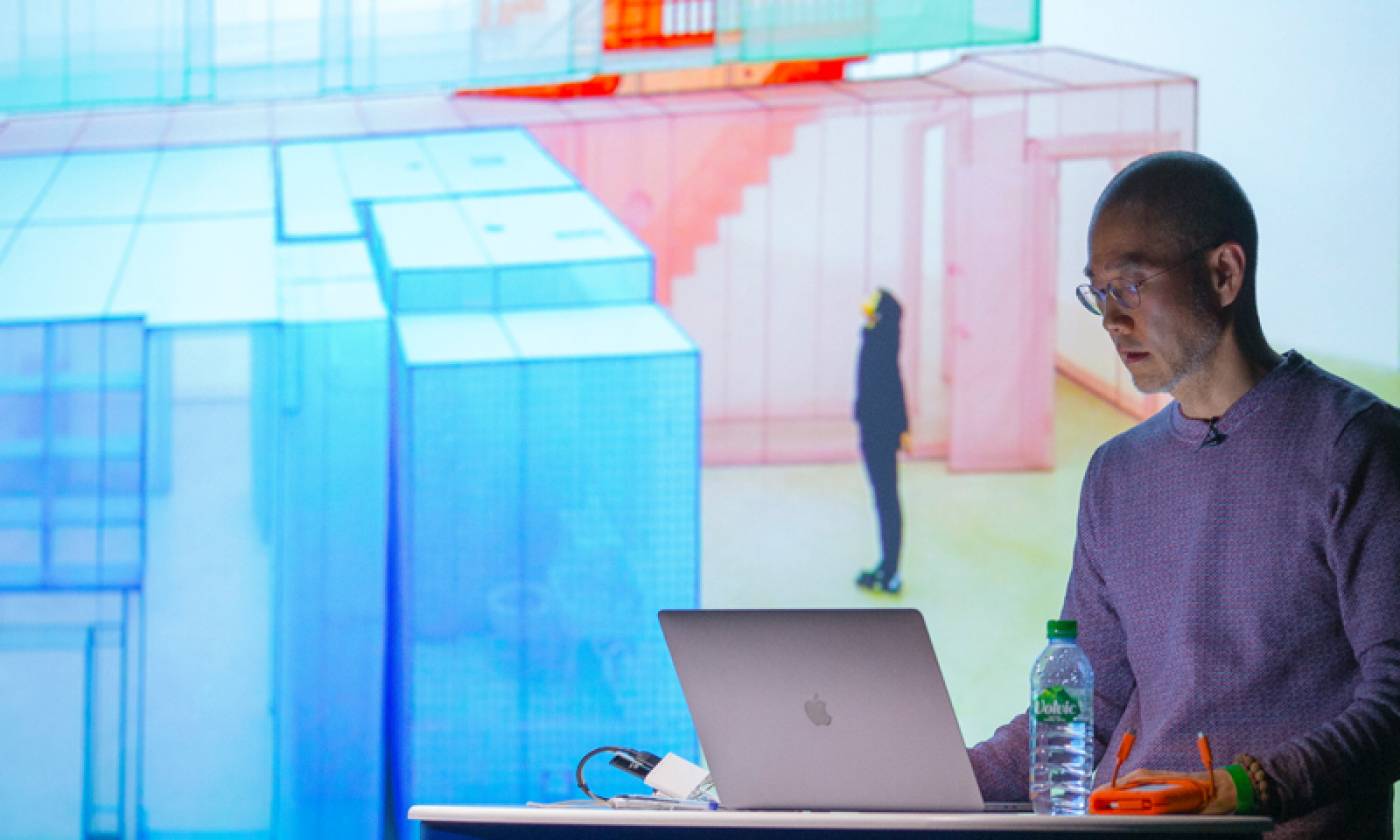
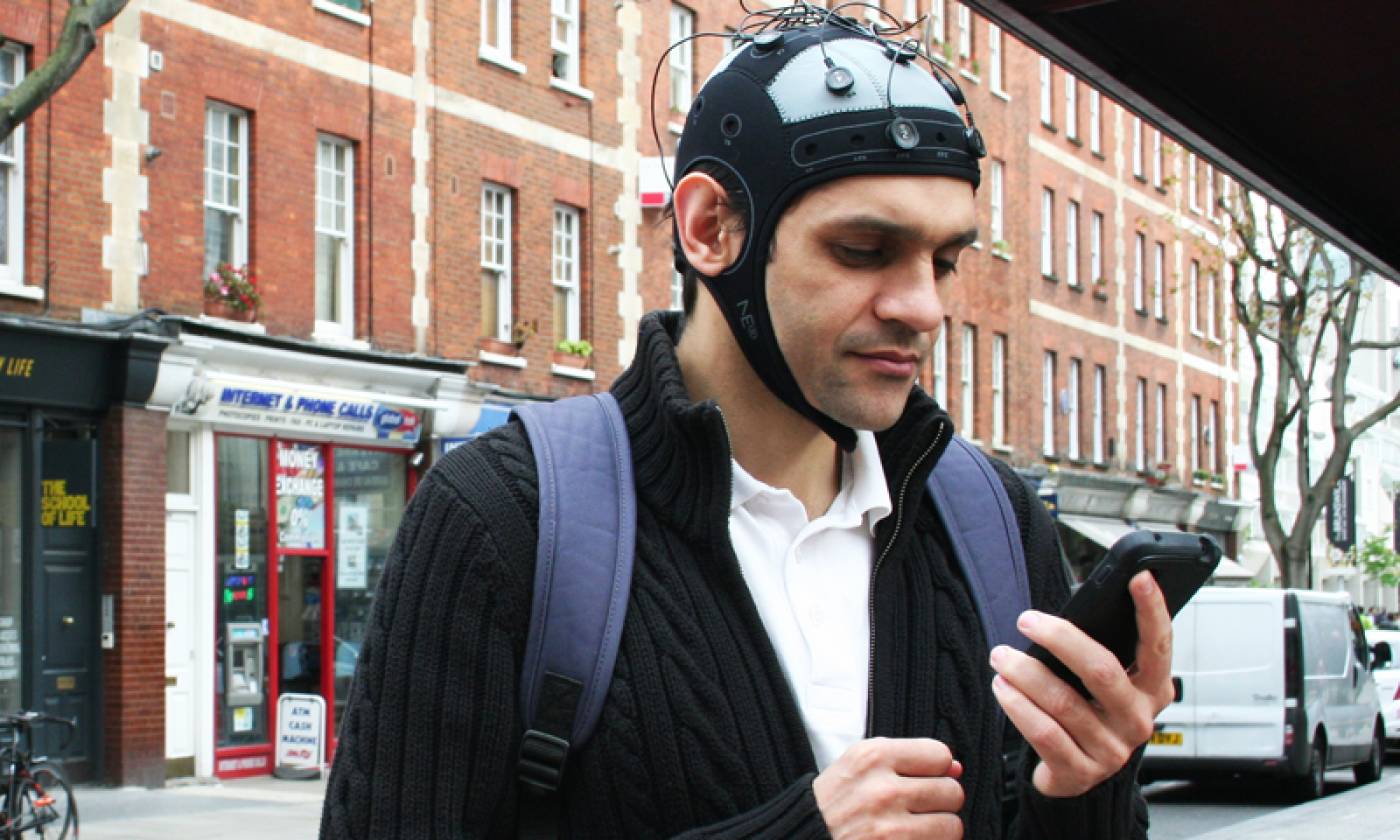
“Cities are an immense laboratory of trial and error, failure and success, in city building and city design. This is the laboratory in which city planning should have been learning and forming and testing its theories.” This is urbanist Jane Jacobs in her seminal 1961 text, The Death and Life of Great American Cities, lamenting the fact that practitioners and teachers of architecture and planning often ignored real life in favour of abstract principles. Criticism of the binary between theory and practice cuts across academia, but it is particularly acute when it comes to city-building. It’s more visible than in many other disciplines and professions, and has a direct impact on public life, community relations, social inclusion and democracy.
When the UCL Urban Laboratory was set up in 2005, it was, in part, to explore the divide between those producing and theorising about cities, and those using them (its work has consistently found that divide to be artificial).
A transdisciplinary centre for critical and creative thinking, the Urban Lab brings together academics and students from across the university, from architects and geographers to engineers, artists and anthropologists. And when UCL’s new campus opens in east London in 2021, there will be an opportunity to widen this participation even further: new facilities, a new course that aims to challenge the Western-centric and theory-based biases of urban studies; and a public space for events, workshops and community-based activities.
Jacobs may have used it decades ago, but the word “laboratory” has become increasingly common in urban discourse over the past 10 years, as the world’s population has moved inexorably towards cities and the UN has warned of the consequences of this global shift. The ‘urban labs’ or ‘living labs’ that have sprung up as a result range from the university-academic-led initiatives such as UCL’s and others in the international Urban Lab+ network, to think tanks focused on innovation and smart cities, such as the Guggenheim BMW Lab, and government initiatives, such as Mexico City’s Laboratorio para la Ciudad.
Our emphasis on openness, public participation and unpredictability is more like the arts labs
Clare Melhuish, Director of the UCL Urban Lab since May 2018, says its approach has always been about experimentation more than ‘innovation’ in a technical sense. “Our emphasis on openness, public participation and unpredictability is more like the arts labs,” she says, referring to the independent creative centres that opened up across the UK in the 1960s and 70s. This means Urban Lab’s focus goes beyond the social sciences – for example, it has appointed an artist-in-residence for a number of years and its annual Cities Methodologies exhibition – catalogued in a 2016 anthology, Engaged Urbanism: Cities and Methodologies – has brought together everything from film and art to architecture and design to explore new methods for understanding and intervening in the city.
The hope is that the new Global Urban Laboratory Master’s degree, which will launch at UCL East, will inject a similar dose of fresh thinking into the process of learning. “We’ve been struggling in urban studies with a way to train students to give them a more global perspective, so they don’t just become embedded in the literature,” explains course leader Jennifer Robinson, Professor of Human Geography at UCL. So the course will ask students to spend a year studying a specific city – first, Johannesburg: “We want them to think about ideas, practices, problems and interventions from different parts of the world and bring to London the tension and demands of the places we collaborate with.”
Meanwhile, a new public space on campus – an ‘Urban Room’ and ‘Memory Archive’ – will be about the local, creating an avenue for the university to engage in conversation in a part of London that has undergone rapid transformation in recent years. This is central to the Urban Lab’s vision for UCL East, which is being championed by Ben Campkin, The Bartlett’s Academic Lead for the new campus and former Director of the Urban Lab.
UCL’s presence in east London, with its public-facing remit, is underpinned by Melhuish’s own 2013 research project, which looked at the role of universities in urban regeneration across the UK and US. Meanwhile, the ‘urban room’ is an idea Terry Farrell mooted in his 2013 review of architecture and the built environment in Britain: he described them as spaces where people can learn about and discuss the past, present and future of where they live, and pointed to examples in China, Japan and Ireland as inspiration.
In the UK, several such initiatives have since come together under the umbrella of the Urban Rooms Network. But Sol Pérez Martínez, a PhD student at The Bartlett School of Architecture, says the idea of bringing together practitioners, academics, policymakers and the public to discuss the city has a neglected precedent. “It has roots in the ‘urban studies centres’” – the topic of a symposium Martínez recently led with Urban Lab.
These centres were grassroots initiatives – some privately funded, some supported by local government – that emerged during the 1970s, advocated most vocally by architect and anarchist writer Colin Ward and the Town and Country Planning Association. Their activities ranged from producing publications and teaching materials to initiating self-built community projects. “The idea was that only people with environmental literacy would have agency in the construction of their surroundings – so in a way they were a response to top-down planning and popular discontent about urban issues,” says Martínez.
These centres disappeared after the introduction of the National Curriculum and cuts to local authority funding towards the end of the 1980s, but Martínez believes the urban rooms and laboratories of today should take note of their civic-minded approach. “These centres had a double function integrating citizens in the building process while making professionals aware of people’s needs. It was a two-way process of people learning about the environment and professionals learning about people.”
Today, Martínez worries that much of the discourse around similar spaces is driven by built environment professionals. The UCL urban room therefore presents a good opportunity to capture the spirit of the early urban studies centres, “to be a space for engagement rather than using the community for research”.What’s clear, however, is that in a globalised world, where cities are shaped by all manner of external forces – from financial flows to geopolitics – there’s an urgent need for city-dwellers to feel they are in control of their environment. In that context, says Robinson: “The repertoires of both theory and practice that shape how we teach about cities become bankrupt, so we have to look again at how we assemble our knowledge.” As the Urban Lab expands its remit in London and abroad, it could be a learning opportunity for both the university and those it seeks to teach.
 Close
Close

